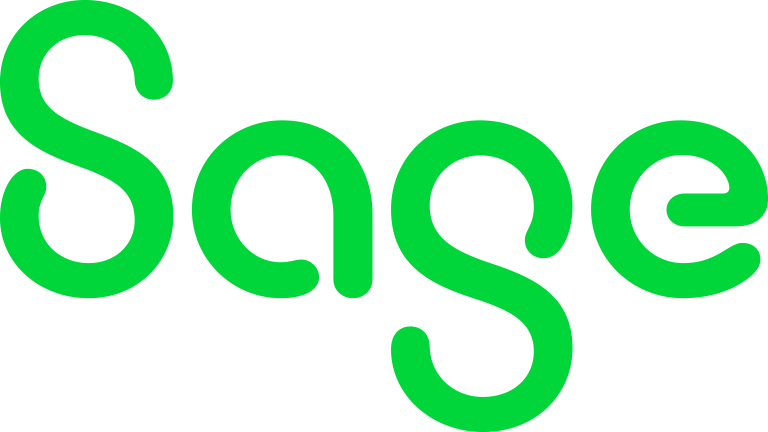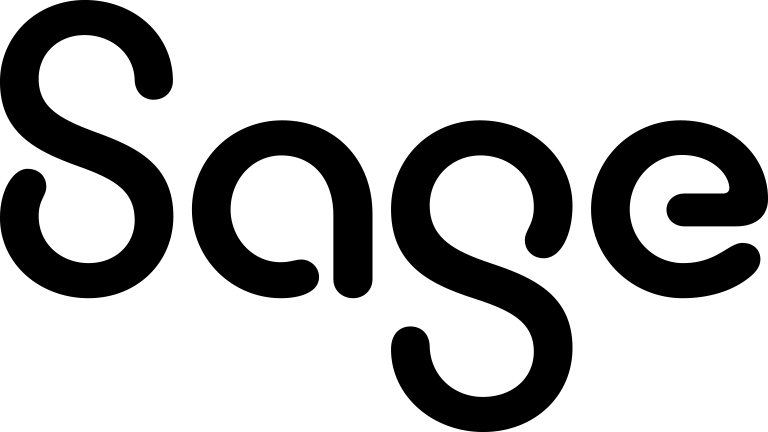Featuring three senior HR practitioners, the webinar, produced in partnership with software company Sage, focused on strategic workforce planning, and specifically how businesses can prepare for Generation Alpha, the tech-savvy group of people who were born after 2010 and who are set to join the workforce in less than five years’ time.
“Rather than trying to second guess what you might need in the future, create an environment that works,” advised Tiger de Souza, executive director of people and culture for the suicide prevention charity, Samaritans. He also advised employers wanting to attract Gen Alphas to have “a strong, clear employer value proposition, so that [they] know whether you’re the kind of organisation they want to work for and what they can expect”.
De Souza continued: “Through that process of continuous improvement, you will be attractive to future employees but you’ll also resonate with your current people.”
Read more: The future workforce is coming. Is your business ready?
Angela Gallagher, VP people business partner EMEA for Sage, emphasised how technology can help businesses strategically plan for the future, advising people leaders to “jump a bit quicker” in taking up AI tools in particular.
Before the age of six, more than 40% of Gen Alphas will have used a tablet device, according to research published in 2023 by the Razorfish marketing firm. Researchers also found that, by the time Gen Alphas turn seven, more than half were using video game consoles.
As well as the advantages of instant communication though, the webinar’s panellists highlighted the challenges for Gen Alphas of being always-on. On this, Gallagher highlighted HR’s responsibility to support positive wellbeing: “Considering the psychological stress [that Generation Alpha] is under, we have a responsibility as employers to ensure that their work environment actually supports them,” she said.
A key piece of advice given by Fiona McKee, founder and director of The HR Practice consultancy, to future-workforce-focused employers, was: “Don’t overthink it; don’t think: ‘This is a new generation; we need to adapt.’ Have an awareness of what these people need, and [allow that awareness to inform your strategic planning], rather than pulling everything apart and starting again.”
For more insights on this topic, click here to watch the webinar on demand.











